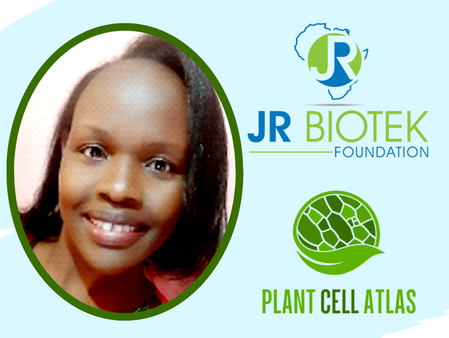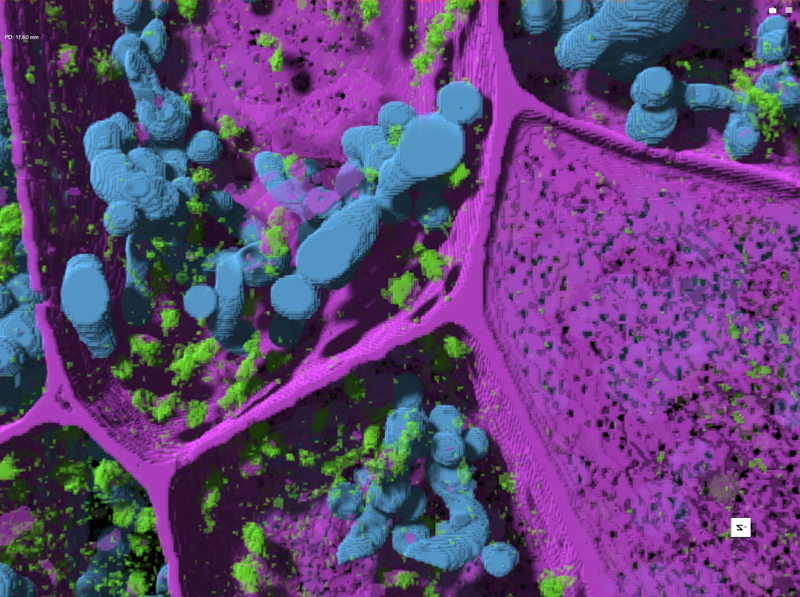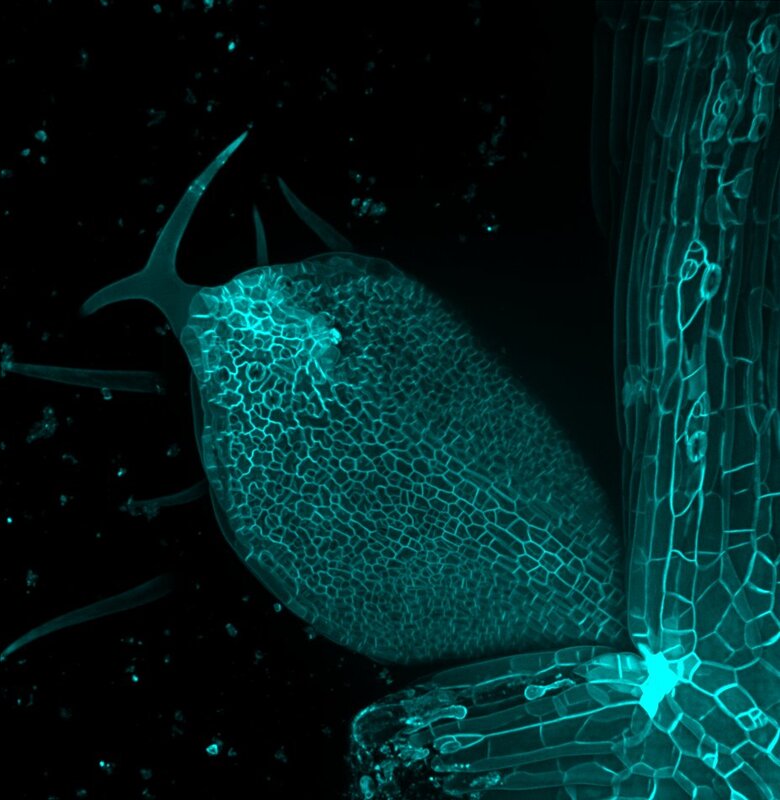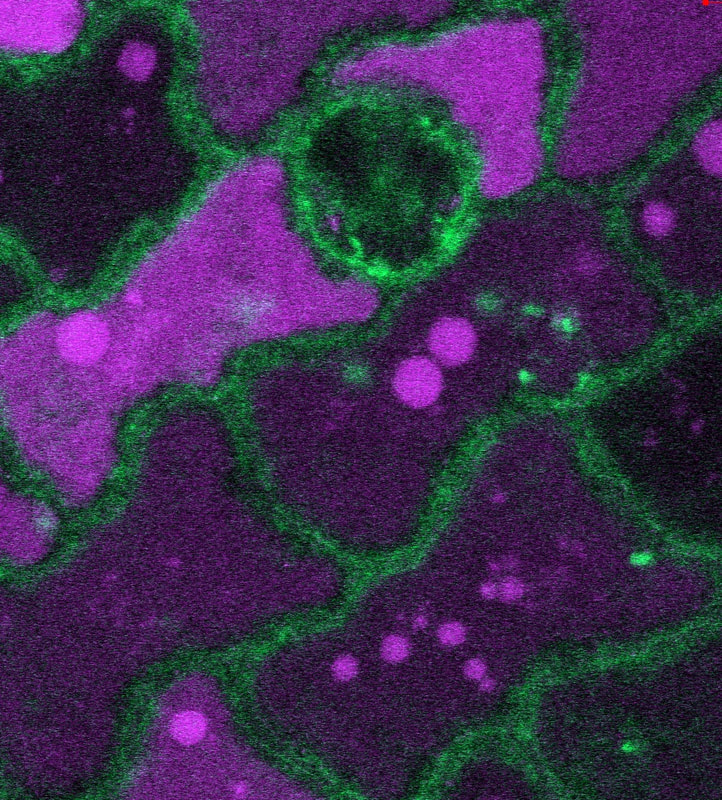2022 JR Biotek-PCA Mentoring Program Best Talk Awardees
1st Prize Best Talk Award
Joan Josephine C. Kimutai
Joan Josephine C. Kimutai is team-oriented plant breeder with experience in classical and molecular methods of crop improvement. Her career objective is to develop stress tolerant crop varieties suitable for smallholder farmers in different agro-ecologies of Kenya and sub-Saharan Africa in general. She holds a Master of Science degree in Plant Breeding and Biotechnology (The University of Nairobi) and a Bachelor of Science Degree in Biotechnology (Kenyatta University). Joan is a PhD fellow at the West Africa Centre for Crop improvement (WACCI), University of Ghana pursuing Plant Breeding. She is currently a visiting student at the International Maize and Wheat Improvement Center (CIMMYT, Kenya) where she is conducting her PhD research titled “Genetic Analysis of Striga (Striga hermonthica (Del) Benth.) Resistance in Maize”. The objective of the research is to contribute to increased maize genetic gains through the application of genomic approaches in the development of Striga resistant varieties. Joan has previously worked with Agriscope Africa Limited. She has experience with field and greenhouse experimental procedures, molecular techniques and plant tissue culture procedures and statistical, genetic and molecular data analyses using various software and bioinformatics tools. Joan is a team player with excellent communication, managerial and leadership skills. She is a dependable, self-motivated, innovative, open-minded, and a charismatic learner who is passionate with improving livelihoods through the development of climate resilient, disease and pest tolerant crops for improved food security and nutrition. Learn more about Joan and watch her interview on the PCA blog.
Joan Josephine C. Kimutai is team-oriented plant breeder with experience in classical and molecular methods of crop improvement. Her career objective is to develop stress tolerant crop varieties suitable for smallholder farmers in different agro-ecologies of Kenya and sub-Saharan Africa in general. She holds a Master of Science degree in Plant Breeding and Biotechnology (The University of Nairobi) and a Bachelor of Science Degree in Biotechnology (Kenyatta University). Joan is a PhD fellow at the West Africa Centre for Crop improvement (WACCI), University of Ghana pursuing Plant Breeding. She is currently a visiting student at the International Maize and Wheat Improvement Center (CIMMYT, Kenya) where she is conducting her PhD research titled “Genetic Analysis of Striga (Striga hermonthica (Del) Benth.) Resistance in Maize”. The objective of the research is to contribute to increased maize genetic gains through the application of genomic approaches in the development of Striga resistant varieties. Joan has previously worked with Agriscope Africa Limited. She has experience with field and greenhouse experimental procedures, molecular techniques and plant tissue culture procedures and statistical, genetic and molecular data analyses using various software and bioinformatics tools. Joan is a team player with excellent communication, managerial and leadership skills. She is a dependable, self-motivated, innovative, open-minded, and a charismatic learner who is passionate with improving livelihoods through the development of climate resilient, disease and pest tolerant crops for improved food security and nutrition. Learn more about Joan and watch her interview on the PCA blog.
|
2nd Prize Best Talk Award
Idris Adejumobi
PhD Scholar in Plant Science University of Kisangani, DR Congo |
3rd Prize Best Talk Award
Nii-Ayi Ankrah
PhD Scholar in Cytogenetics Kwame Nkrumah University of Science and Technology, Ghana |
Outstanding Leadership Award
Velma Okaron
PhD Scholar in Plant Breeding Makerere University, Uganda |











